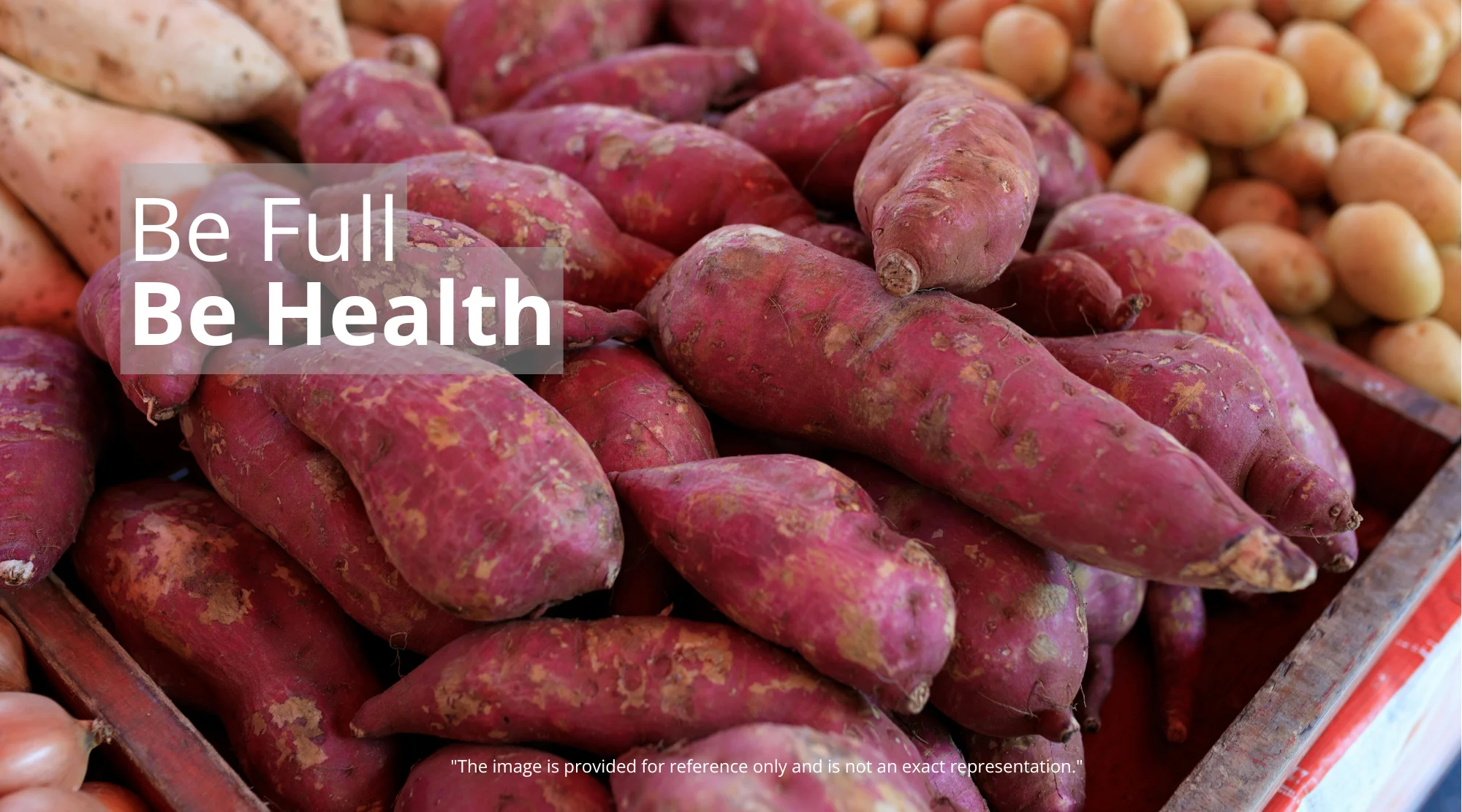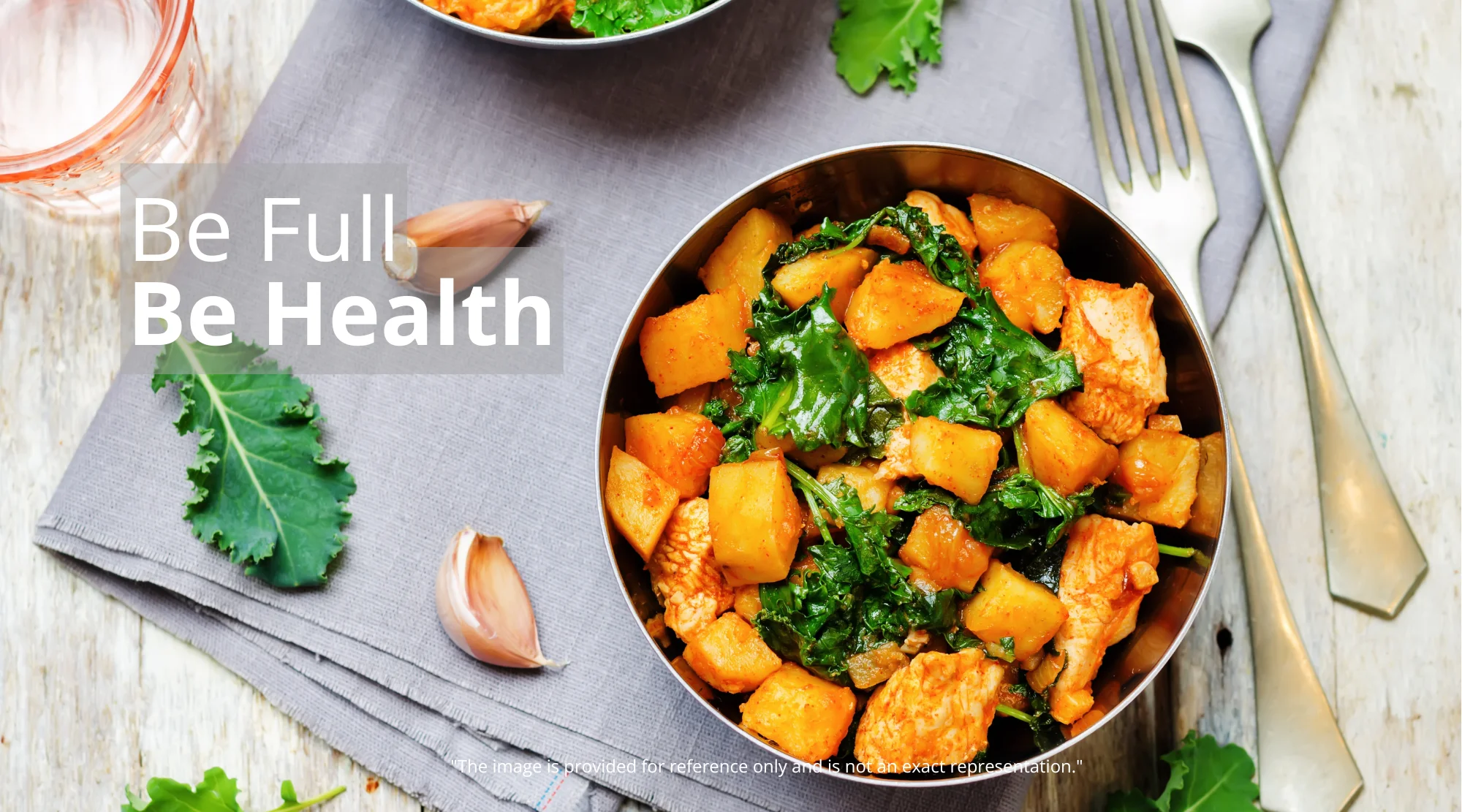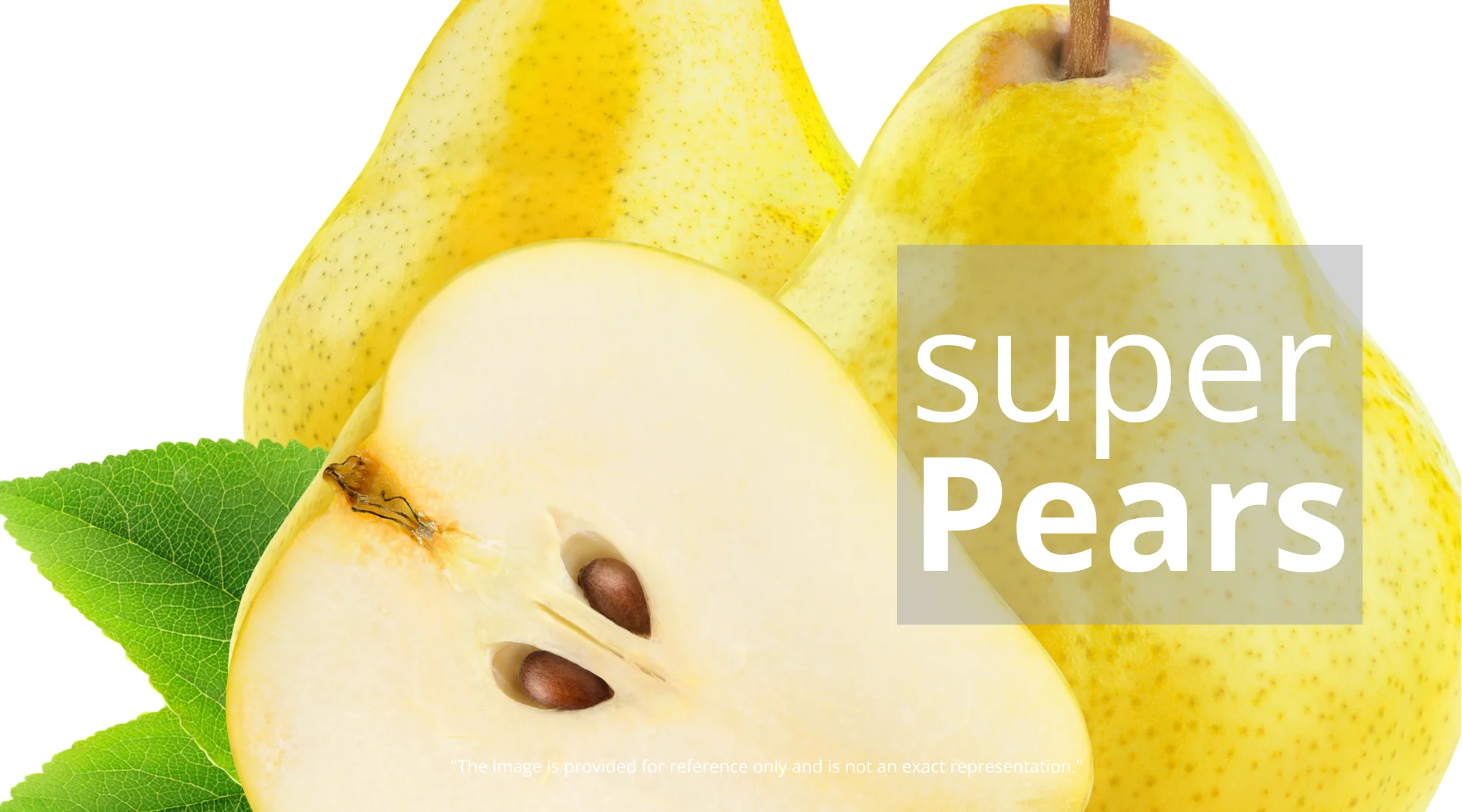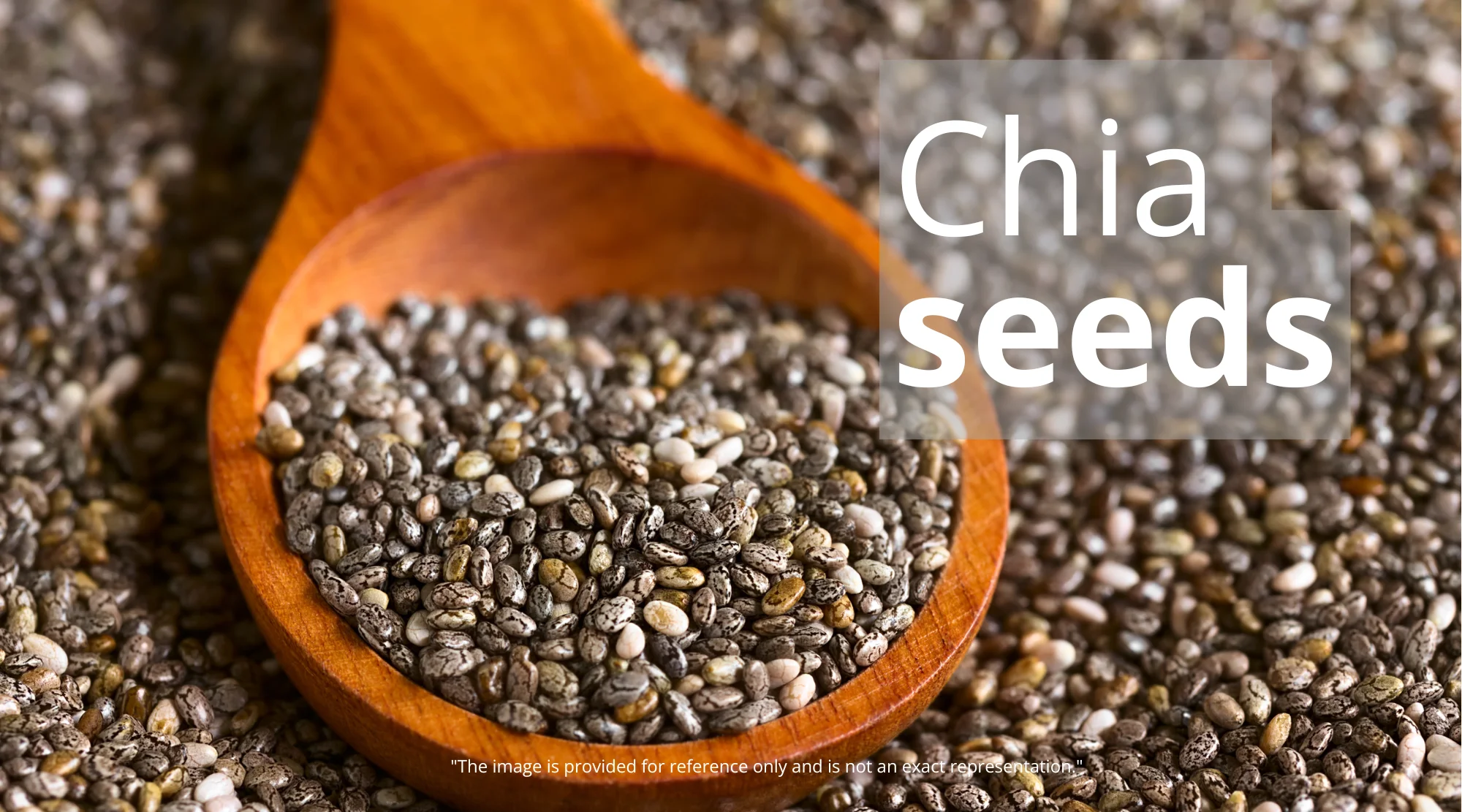Sweet Potato vs. Potato: Unveiling the Nutritional Showdown for Fitness Enthusiasts
The age-old debate of sweet potato versus potato often sparks intense discussions in the fitness world. Both root vegetables are staples in many diets, promising energy, nutrients, and versatility. But which one reigns supreme for those striving for optimal health and performance? This comprehensive guide dives deep into the nutritional profiles of both, providing insights to help you make informed choices for your fitness journey.

The Nutritional Landscape: Sweet Potato vs. Potato
At first glance, sweet potatoes and potatoes may seem like interchangeable ingredients. However, a closer examination reveals significant differences in their nutritional compositions. Understanding these distinctions is the first step in optimizing your diet for your fitness goals.
Sweet Potato: A Vitamin-Rich Powerhouse
Sweet potatoes are celebrated for their vibrant orange flesh, a testament to their high beta-carotene content. This compound converts into vitamin A in the body, crucial for vision, immune function, and overall cellular health. Furthermore, sweet potatoes are a good source of:
- Fiber: Promoting digestive health and satiety.
- Vitamin C: An antioxidant that supports immune function.
- Manganese: Important for bone health and metabolism.
- Vitamin B6: Essential for energy metabolism.
Potato: The Potassium and Vitamin B6 Champion
Potatoes, on the other hand, are often viewed with skepticism, primarily due to their association with refined preparations like french fries. However, the humble potato has a lot to offer, especially when prepared healthily. They provide:
- Potassium: Crucial for blood pressure regulation and muscle function.
- Vitamin B6: Supports energy metabolism and brain health.
- Vitamin C: Another key antioxidant.
- Resistant Starch: Acting as a prebiotic, fueling beneficial gut bacteria.
Macronutrient Breakdown: A Close Match
Both sweet potatoes and potatoes have similar macronutrient profiles, meaning they provide comparable amounts of carbohydrates, protein, and fat. On average, a medium-sized sweet potato and a medium-sized potato contain around:
- Carbohydrates: 20-25 grams
- Protein: 2-3 grams
- Fat: Negligible amounts
The caloric content is also roughly equivalent, with slight variations depending on the size and variety. This similarity makes them relatively interchangeable from a purely macronutrient perspective.
Deep Dive into the Health Benefits: Sweet Potato’s Edge?
Beyond the basic nutritional components, the health benefits associated with each vegetable vary. Exploring these differences can guide you towards choosing the best option for your individual needs.
Sweet Potato: Antioxidants and Blood Sugar Control
One of the standout features of sweet potatoes is their high antioxidant content. These antioxidants, including beta-carotene and other compounds, combat oxidative stress in the body, potentially reducing the risk of chronic diseases.
Moreover, sweet potatoes often have a lower glycemic index (GI) than potatoes, especially when prepared in a way that doesn’t involve excessive cooking. This means they release glucose into the bloodstream more slowly, leading to more stable blood sugar levels. For individuals with diabetes or those looking to control blood sugar, this can be a significant advantage.
Potato: Heart Health and Satiety
Potatoes shine in the realm of heart health. Their high potassium content is vital for maintaining healthy blood pressure levels, directly lowering the risk of cardiovascular diseases.
Additionally, the fiber and resistant starch in potatoes promote satiety, helping you feel fuller for longer after a meal. This can be beneficial for weight management by reducing overall calorie intake.
Preparation Matters: The Key to Maximizing Nutritional Value
The way you prepare sweet potatoes and potatoes significantly influences their nutritional impact. While both vegetables can be part of a healthy diet, unhealthy cooking methods can undermine their benefits.
Healthy Sweet Potato Preparation
- Roasting: Roasting sweet potatoes enhances their natural sweetness and preserves nutrients.
- Steaming: Steaming is another excellent method that retains nutrients and maintains a lower GI.
- Boiling: Boiling, when done correctly, is a good option, but avoid overcooking.
Healthy Potato Preparation
- Baking: Baking is a simple and healthy way to prepare potatoes.
- Boiling: Boiling, and then cooling potatoes, increases their resistant starch content.
- Mashing (with moderation): Opt for healthy additions like herbs, spices, and a small amount of olive oil.
Avoid deep-frying, which adds excessive fats and calories, and limit the use of butter, sour cream, or excessive salt, which can negate the positive health effects. Explore these quick & healthy dinner recipes for inspiration.
Sweet Potato vs. Potato: When to Choose Which
Your choice between sweet potato and potato should depend on your individual health goals and needs.
When to Choose Sweet Potato:
- Vitamin A deficiency: Sweet potatoes are an excellent source of Vitamin A.
- Diabetes or blood sugar concerns: Their lower GI can help manage blood sugar levels.
- Boosting antioxidant intake: For a high dose of antioxidants.
When to Choose Potato:
- Potassium needs: If you need to increase your potassium intake, potatoes are a great choice.
- Satiety and weight management: The fiber and resistant starch can aid in weight control.
- Versatility and convenience: Potatoes are often more readily available and versatile in cooking.
The Verdict: Can They Coexist in a Fitness-Focused Diet?
The good news is that both sweet potatoes and potatoes can be incorporated into a healthy, fitness-focused diet.

The key lies in mindful preparation, portion control, and a balanced approach to overall nutrition. Consider exploring the 30-day Mediterranean meal plan for some amazing ideas. Embrace the idea that a varied diet is the most sustainable and enjoyable approach to long-term health. Consider the exercise benefits as a part of your healthy lifestyle.
Conclusion: Embrace the Variety
Ultimately, neither sweet potatoes nor potatoes are inherently “better” for you. Both root vegetables offer unique nutritional benefits that can contribute to a balanced diet. By understanding their differences, preparing them healthily, and considering your individual needs, you can confidently include both in your fitness regimen.














1 comment